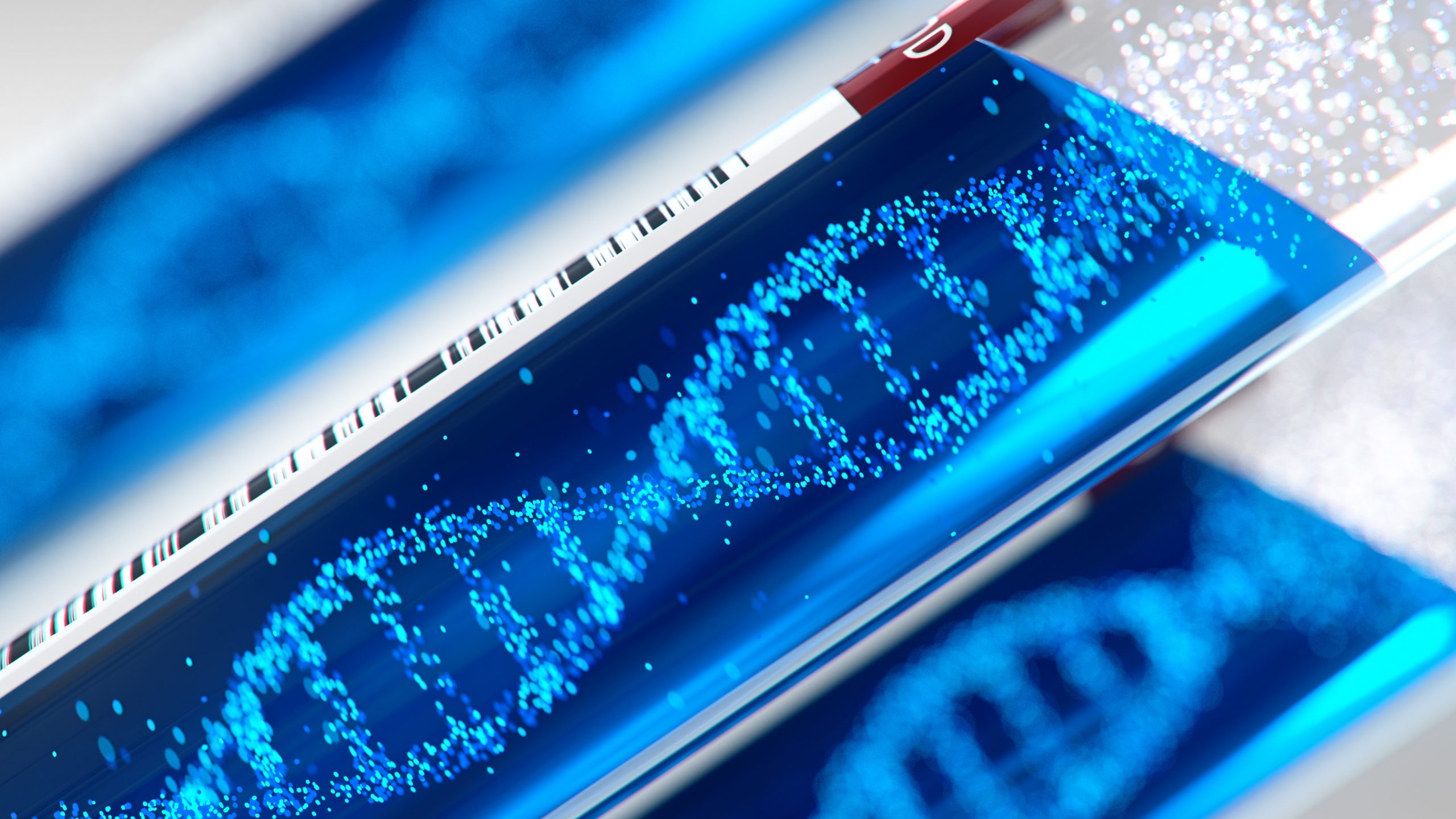
Scientists at the Center for Synthetic Biology from the Northwestern University, Illinois, have managed to produce a so-called proof of principle demonstration on DNA storage encoding three bits of information in an hour.
Although this is only a tiny fraction of what others have achieved (up to 200MB per day), Dr. Keith EJ Tyo, an associate professor of chemical and biological engineering and his team believe that there’s a huge potential going forward as the prospect of at-scale parallelization is a real possibility.
According to a report in Technology Networks, what Tyo and his colleagues at Northwestern came up with is a new in vitro method “for recording information to DNA which relies on an enzymatic system”. Key to the process is a non-replicative DNA polymerase called terminal deoxynucleotidyl transferase.
A watershed week for DNA storage
Similar to the data capture approach recently proposed by a Chinese team led by Professor Liu Hong, Dr. Tyo’s approach aims to simplify the current method of chemically synthesized DNA. The process “does not require washing steps and instead all the reagents for DNA synthesis stay in the mixture and the properties of the DNA polymerase are modulated reversibly.”
In layman’s terms, the writing of the data to DNA is faster and simpler as it eliminates some of the steps while reversible modularity could imply the ability to edit content already committed to the DNA.
The procedure, Time-sensitive Untemplated Recording using TdT for Local Environmental Signals, or TURTLES, is published in the Journal of the American Chemical Society.
The Northwestern University news was the fourth announcement this week on DNA storage and with Shannon, the first commercially available DNA storage device, already up and running, 2022 could turn out to be a very, very interesting year for a post-silicon data storage world. Check out Microsoft’s DNA storage announcement and that of the Georgia Tech Research Institute (GTRI).
Here’s our lists of the best NAS drives and best NAS devices



